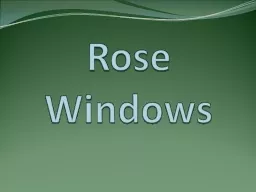PDF-Rabbi Isaac Elchanan Theological Seminary The Benjamin and Rose Berg
Author : natalia-silvester | Published Date : 2016-10-16
19 147Sure you have your marital issues but on the whole you feel so selfsatised about how things have worked out that you would never in your wildest nightmares
Presentation Embed Code
Download Presentation
Download Presentation The PPT/PDF document "Rabbi Isaac Elchanan Theological Seminar..." is the property of its rightful owner. Permission is granted to download and print the materials on this website for personal, non-commercial use only, and to display it on your personal computer provided you do not modify the materials and that you retain all copyright notices contained in the materials. By downloading content from our website, you accept the terms of this agreement.
Rabbi Isaac Elchanan Theological Seminary The Benjamin and Rose Berg: Transcript
Download Rules Of Document
"Rabbi Isaac Elchanan Theological Seminary The Benjamin and Rose Berg"The content belongs to its owner. You may download and print it for personal use, without modification, and keep all copyright notices. By downloading, you agree to these terms.
Related Documents














